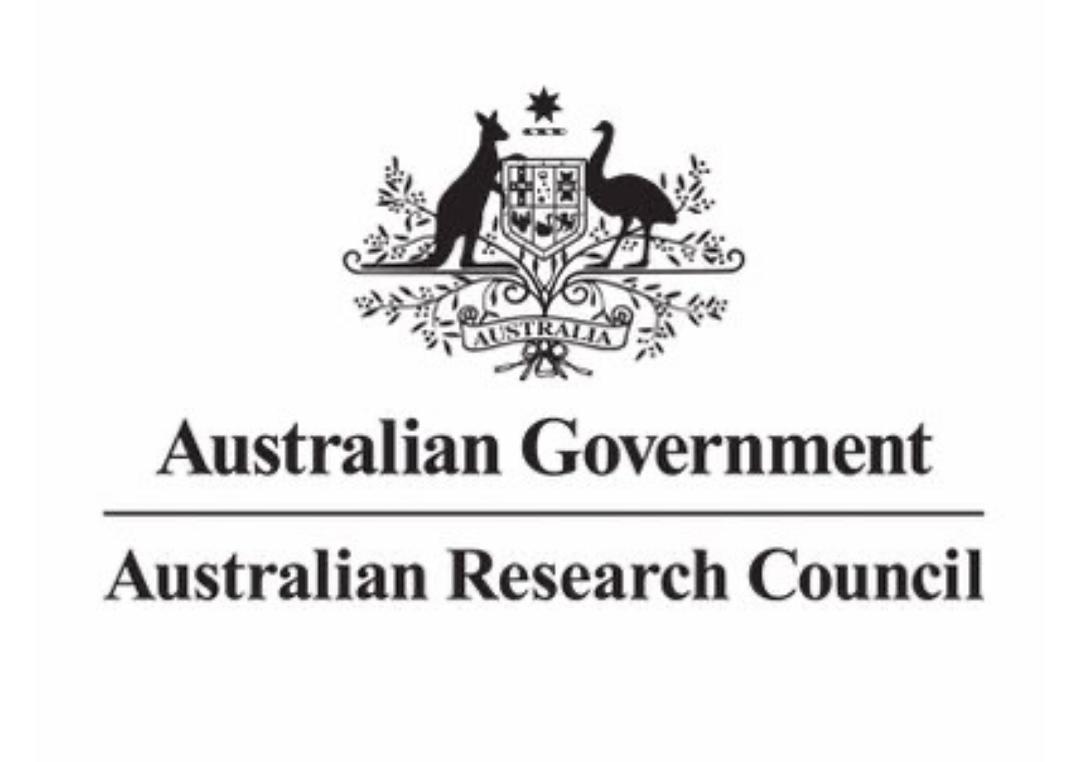Establishing optimal conditions for nursery production and domestication of Crassocephalum crepidioides (Benth.) S. Moore.
DOI:
https://doi.org/10.51200/jtbc.v16i.2042Keywords:
greens vegetable, ecological requirements, gbolo, Crassocephalum crepidioides BeninAbstract
Crassocephalum crepidioides (Benth.) S. Moore is a plant consumed as a green leaf vegetable in several regions of Benin. But the species is still not domesticated and is harvested from wild according to the seasons. The plant remains as an undervalued food plant in Benin. This study aims to find the optimal conditions for nursery production of this species for its better valorization and domestication in order to contribute towards reducing food insecurity. We tested seed germination capacity and seedling growth of C. crepidioides in a nursery. We used cow dung and poultry manure to fertilize the transplanting board before transplanting seedlings from the seedbed whereas control plots were kept without fertilization. In addition, we tested shade impact on seedlings considering two variants (under shade and out of shade). Seedlings were transplanted in the following three spacings (20x20 cm, 30x30 cm and 40x40 cm). We used two water doses (22 liters/day and 44 liters/day) to water each ​​3.30 m² seedbed. The freshly harvested seeds showed about 19 day’s latency with a germination rate to 15.10 % while conserved seeds showed a latency time to 5 days with a germination rate to 12.70 %. Fertilization and shade influenced significantly the growth of C. crepidioides. Cow dung and poultry manure are suitable for soil fertilization for better plant development. The dose of water supplied to the seedbeds and transplanting spacings during the dry season also significantly influenced the growth of C. crepidioides. We found that that the 20x20 cm transplanting spacing reduces evaporation and transpiration, which is better for plant development.
Downloads
Published
How to Cite
Issue
Section
License
BY: credit must be given to the creator.
NC: Only noncommercial uses of the work are permitted.
This journal provides open access to its content under CC BY-NC 4.0 on the principle that making research freely available to the public supports greater international collaboration and information exchange.












